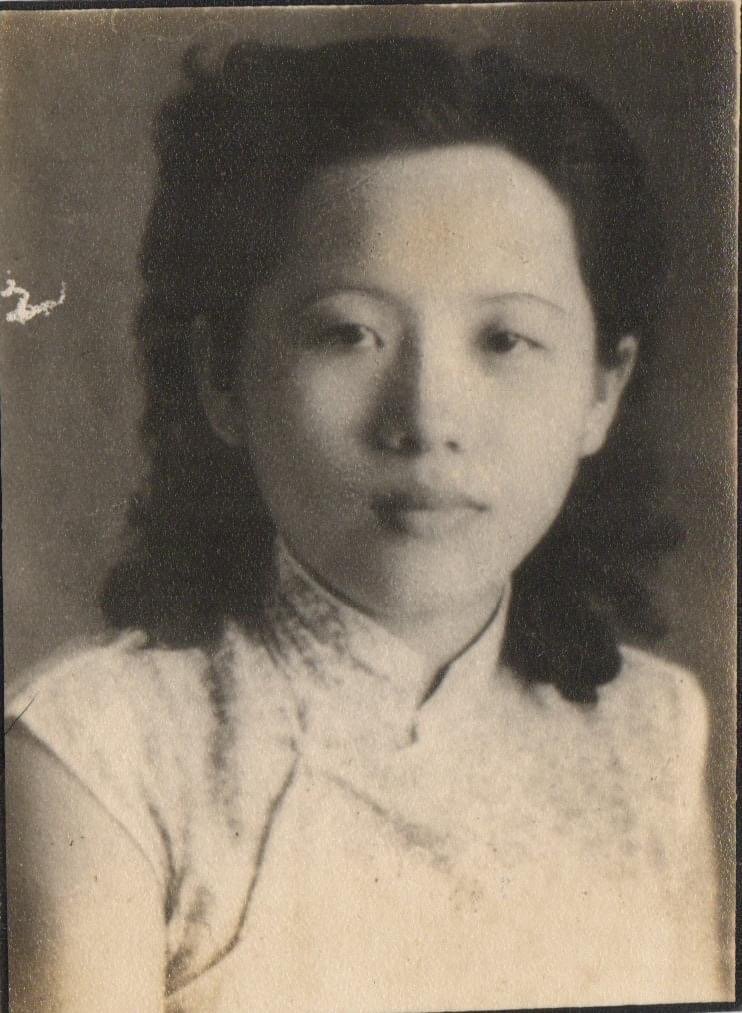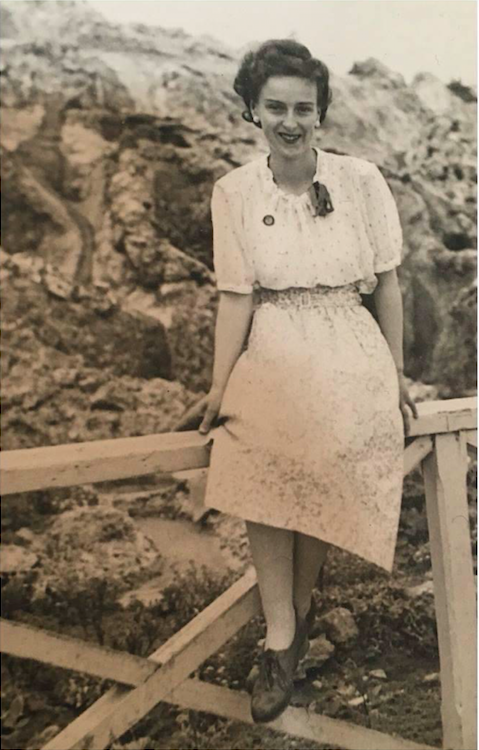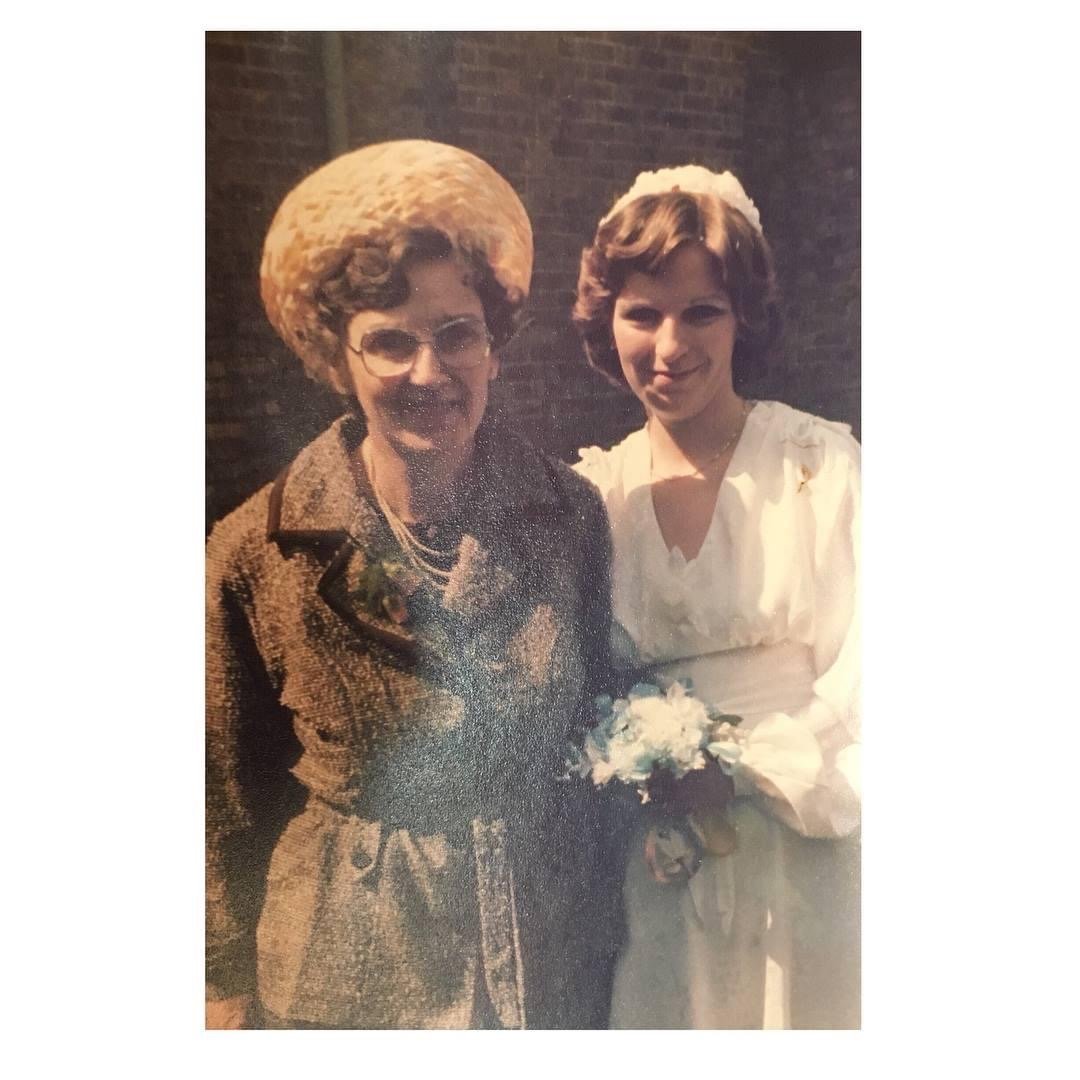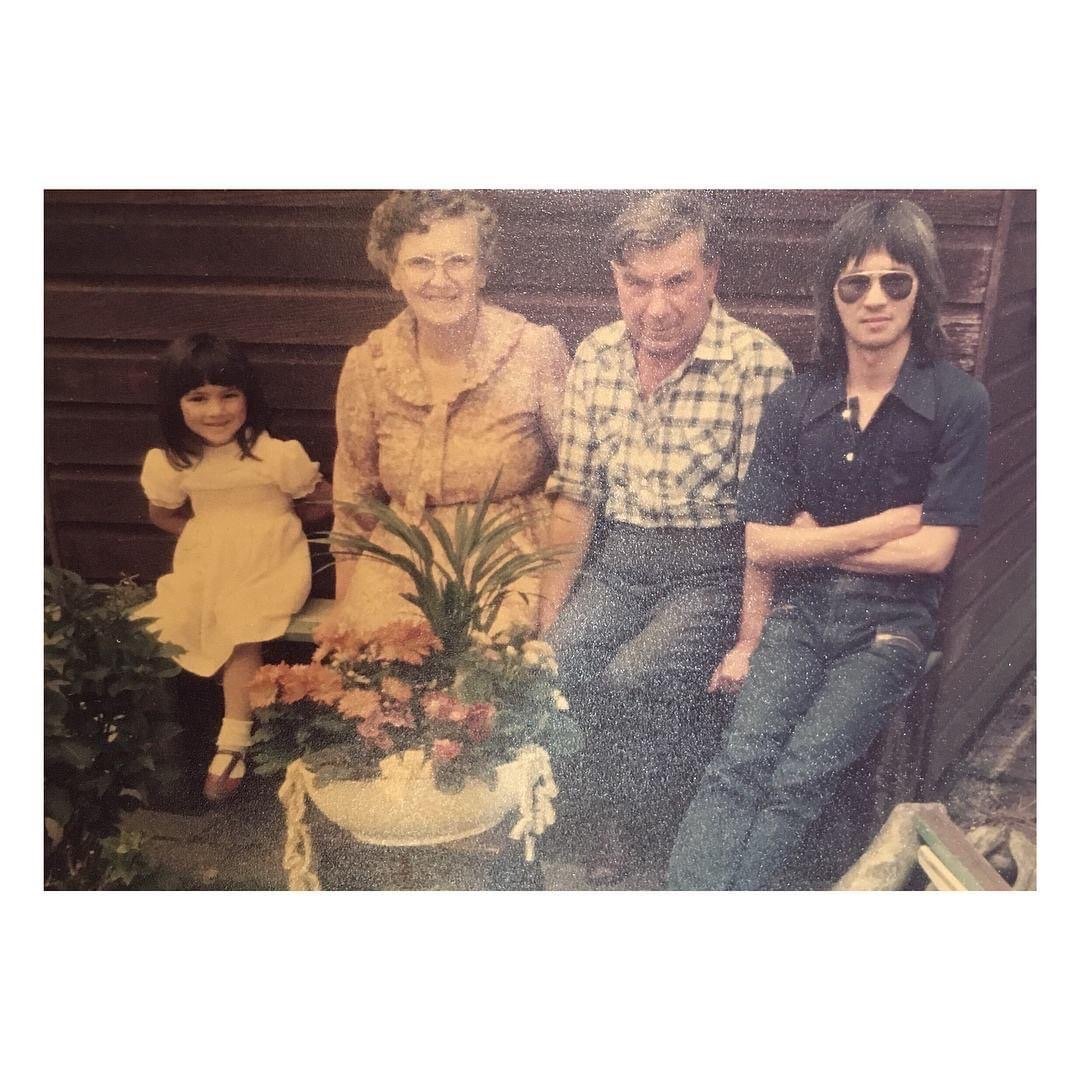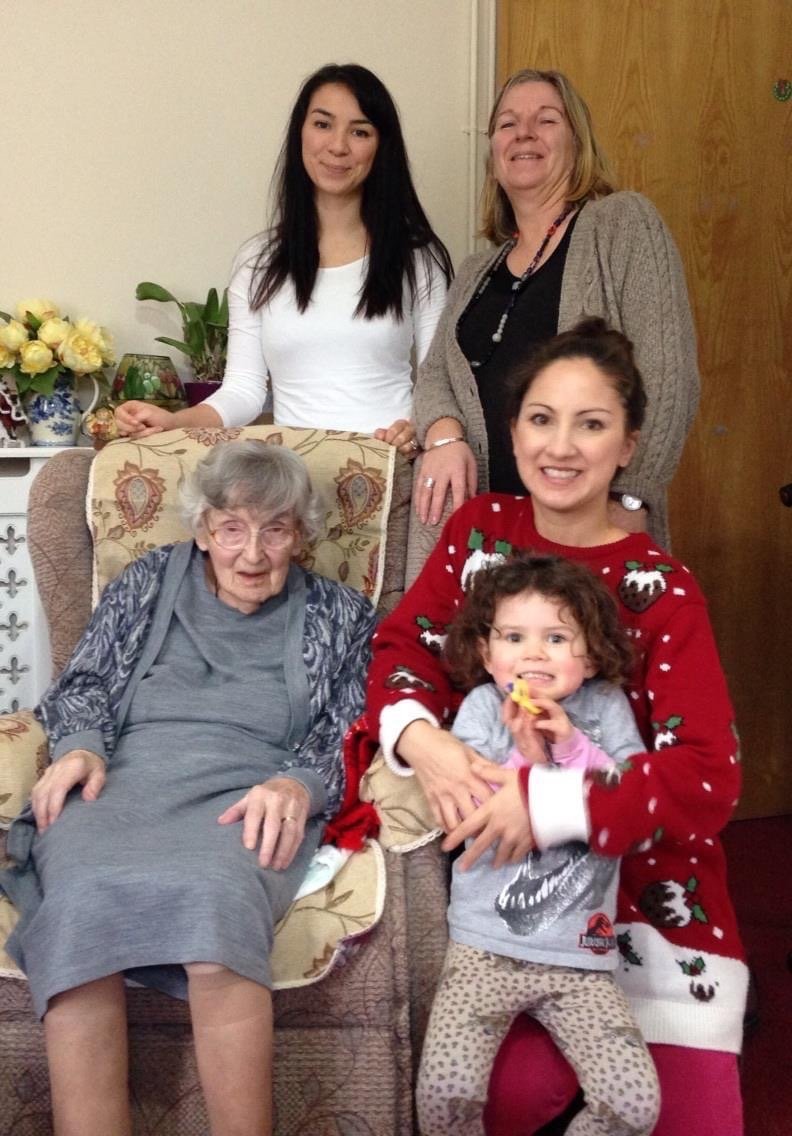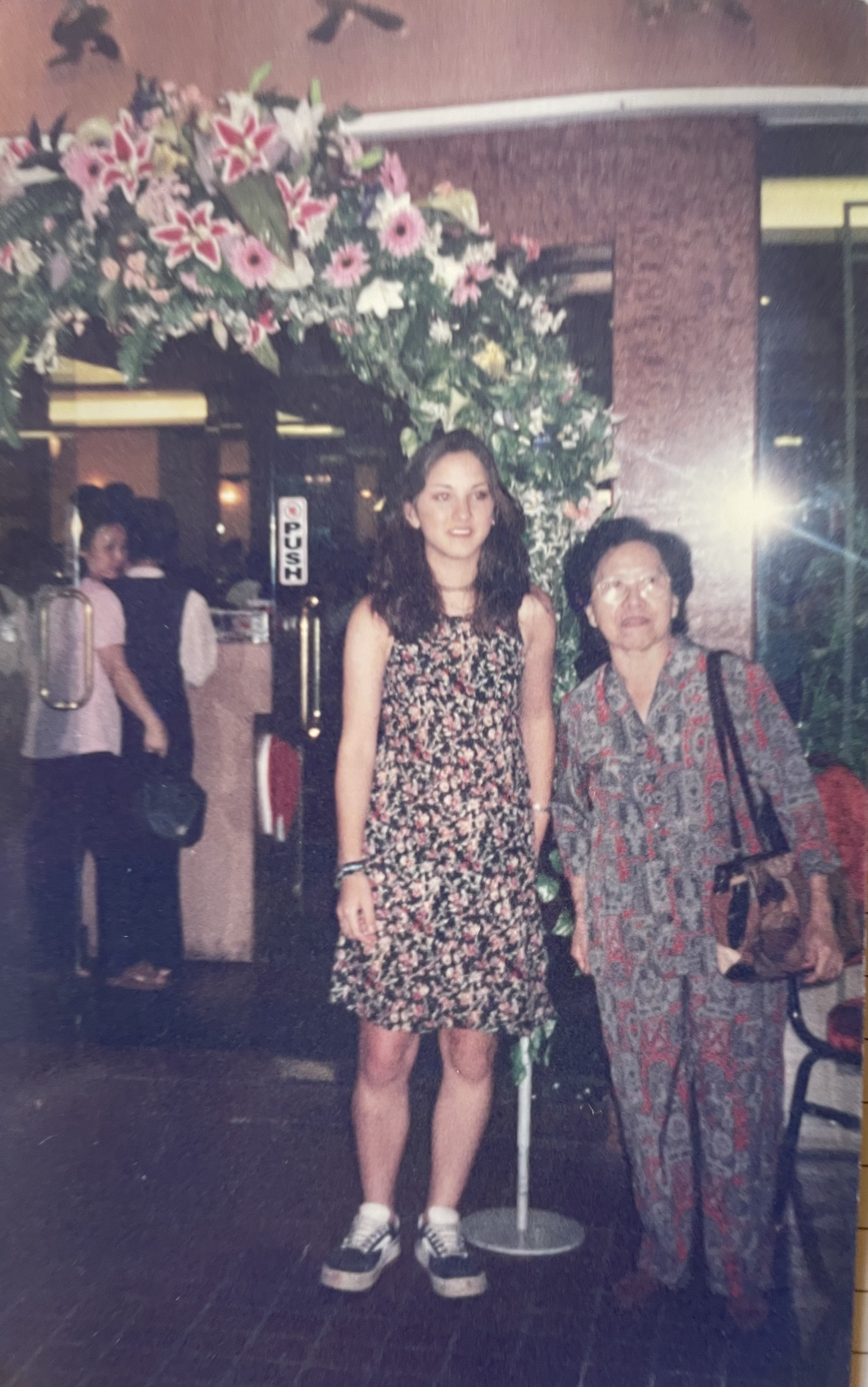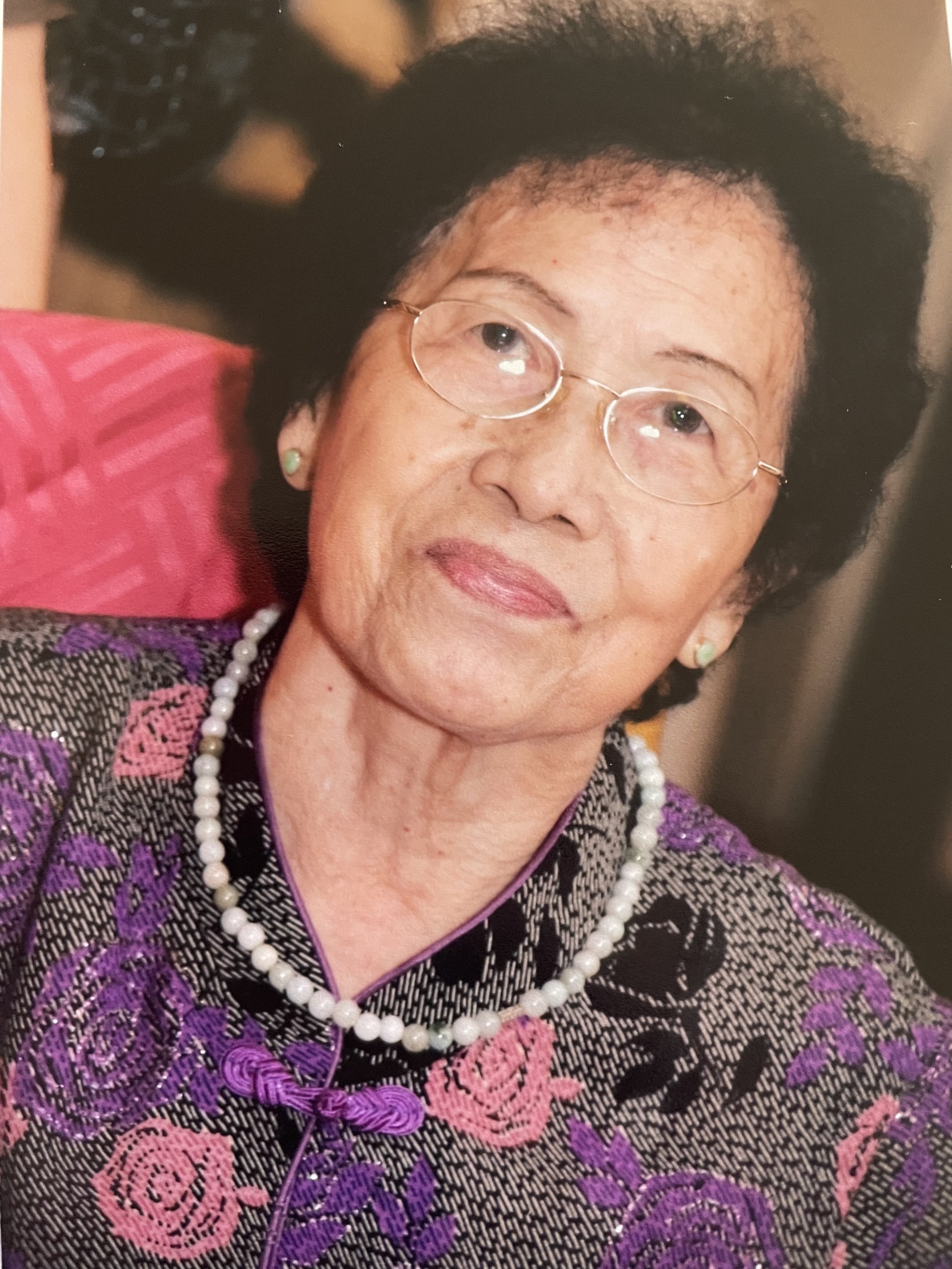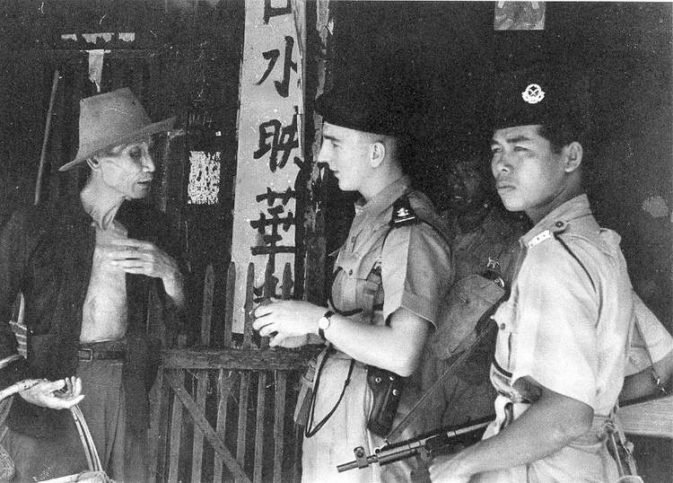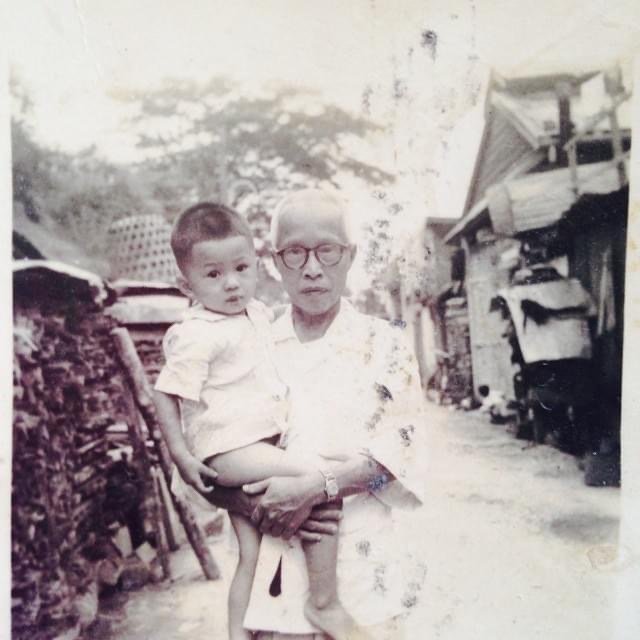MY TWO GRANDMAS
*My Grandma Chin Sen Moi and my Grandma Marjorie Bullen.
CONTENT WARNING: IMAGES OF BEHEADINGS HALF WAY THROUGH - WILL PUT ANOTHER WARNING JUST EBFORE
For me and so many others, this country is seriously hard to navigate at the moment. There are plenty of people articulating this a lot better than I could, but I want to add my voice to the many many voices, with shared generational colonial trauma. To carry and share out some of that emotional labour it takes to keep putting yourself out there, especially when you know it will be received with hate and vitriol, in the name of ‘respect’.
And as always, Black Women are doing the majority of the heavy lifting here, all the while dealing with their own trauma brought up by the total whitewashing of it all.
As always shout out to:
@kelechnekoff , @novareidofficial, @vean_ima , @sholamos1 , @chantayyjayy
Yes, I fully understand the sentiment that the Queen makes us think of our own mothers and grandmothers. My mum’s mum - who died 4 years ago - was the exact same age as the Queen, she married the same time, had children at the same time, their lives ran parallel. There’s plenty of pictures reminiscent of the ones we are bombarded with on the TV right now in our family photo albums. My mum’s side of the family have always loved the Royals as well, including my Grandma. Yes, it’s true, she’s someone who’s ‘always been there’ and her death symbolises the passing of time, an end of an era, conjuring up our childhoods, and of course I’m thinking about my mum, thinking of her mum at this time.
I get it. Those feelings are real.
*my Grandma and my mum, my grandparents me and my dad and my Grandma in 2014 with me, my sister, mum and my daughter.
But then I think of my other Grandma, my dad’s mum.
Who, when the Queen came to the throne, was living through the throes of a violent guerrilla war ‘gaining independence' against British rule in Malaysia or Malaya as it was known.
My Grandma, Nei Nei, who’s country had all but been turned into a rubber and tin plantation, where the British exploited the people and resources for their own gain. Intentionally introducing a racial hierarchy to divide and conquer - which led to so much suffering, inequity and animosity that still exists today, effecting the lives and minds of my family there now.
*above me and Nei Nei in the 90s and then at my wedding in 2008.
During the Queen’s reign there were still decades of fighting against the British. People were beheaded in the jungles in the region where my Grandparent’s lived, Pahang, while they were bringing up their young children up during this time. There are many stories of people leaving babies in those jungles, to save them from the violent checks and interactions with the British rulers, and going back to collect them when they could. My own dad was born into that fear and trauma in 1953, a year after the Queen came to the throne. He actually worked on a rubber plantation as his first job, and I’m sure the prospect of that being your life, a lack of opportunity created by the legacy of colonialism, led to him deciding to come here to work for the NHS.
This is a picture of my Grandma and Granddad (Nei Nei and Da Da) at their wedding in 1941 at the Kuala Pilah Chinese Association Hall - a place which was a key part in setting up the Malayan Communist Party, formed in part to overthrow the Colonial occupiers. My Granddad was taken away and questioned as suspected as being part of this party, a traumatic incident talked about in hushed tones in my family.
*CONTENT WARNING ON IMAGE COMING UP AFTER THIS BLOCK - BEHADINGS*
*A Chinese civilian is questioned by the British army during the Malayan Emergency. And to the right is my Dad with his Granddad is Malaya in 1955.
British propaganda in keeping both indigenous Malays hateful of the Chinese part of the population, and also Brits at home indifferent to the suffering that going on, was a massive part of colonial rule. Evident here in this report about the beheadings.
An expert from Kumar Ramakrishna’s The Role of Propaganda in the Malayan Emergency
Tactically creating division and a sense of pride in being British, a kind of ’beneficiary’ of the poor uneducated brown, yellow and black people, used to override any meaningful reaction to these atrocities. Even when faced with these cold hard facts and imagery. Even the ultimate uprising was called the Malayan Emergency rather than War, to downplay the violence and conflict created by the British.
And that same propaganda machine is in total overdrive right now.
You may say now is not the time to bring this up. But if not now? When?
Ok, let’s get that meeting in the diary to discuss the truth and how that history continues to be part of everyone’s lives in the here and now. Put a pin it and circle back in October? Promise?? Hmm…
And in this moment I feel my own personal experience as a literal walking embodiment of how both British nostalgia and colonial reality can exist at the same time, could be a useful tool to think about where we go from here, with a sense of two way respect.
Both histories run through my blood. Both of those Grandmas were my Grandmas.
One cannot and should not cancel the other out.
But ultimately, nostalgia must not make us blind and impenetrable to the truth.
Criticism needs to be possible. Critical thinking about this seems to have gone very scarily out of the window.
Sometimes the truth hurts but it’s both dangerous and violent to silence people (80% of the rest of the world) and deny racism, oppression, inequity, exploitation, violence and reality in the name of decorum, politeness, notions of respecting the dead and patriotic sentimentality.
To be so one sided, fragile, brainwashed and blinkered and want to glorify and celebrate a legacy by actually completely side stepping… the most major and lasting aspects of that legacy. That just means we are continuing to uphold all those things - racism, oppression, inequity, exploitation, violence and silencing. Gaslighting.
There are the two ‘sides’ of colonialism/empire - how the Brits experienced it and how the rest of the world ‘experienced it’ and continues to. And how that continuation of those things make people’s lives limited and unsafe, seems to be something we are so wilfully unable to hear.
Space must be held for both in order to move the conversation forward.
The most important thing to come of The Queen’s death would be for us to draw a line under it and be able to start having real conversations around this, being able to be honest, real and accept that other people’s traumatic experiences of something we thought and taught was ‘good’ might make us uncomfortable. And that’s ok.
But while people (of all nationalities) queue up 5 miles to see that coffin, topped with a crown made of stolen jewels, while writing headline after headline viciously attacking the one non-white person who dared to mix their blood with them, and while a family cries for their murdered son, a 26 year old Black man Chris Kaba killed by the police to completely muted media coverage, I don’t think we’re ready.
Sources
Hak ching Oong B A. (Hons), M.A.. National University of Malaysia (UKN) Thesis submitted for the Degree of PhD in the University of Hull
2. The Morning Star
https://morningstaronline.co.uk/article/f/how-morning-star-exposed-britains-decapitation-war-crimes
3. Kumar Ramakrishna
Associate Professor Head, Centre of Excellence for National Security (CENS) S. Rajaratnam School of International Studies Nanyang Technological University
The Role of Propaganda in the Malayan Emergency: Lessons for Countering Terrorism Today
To stay up to date on ways to help with the #justiceforchriskaba campaign here.

